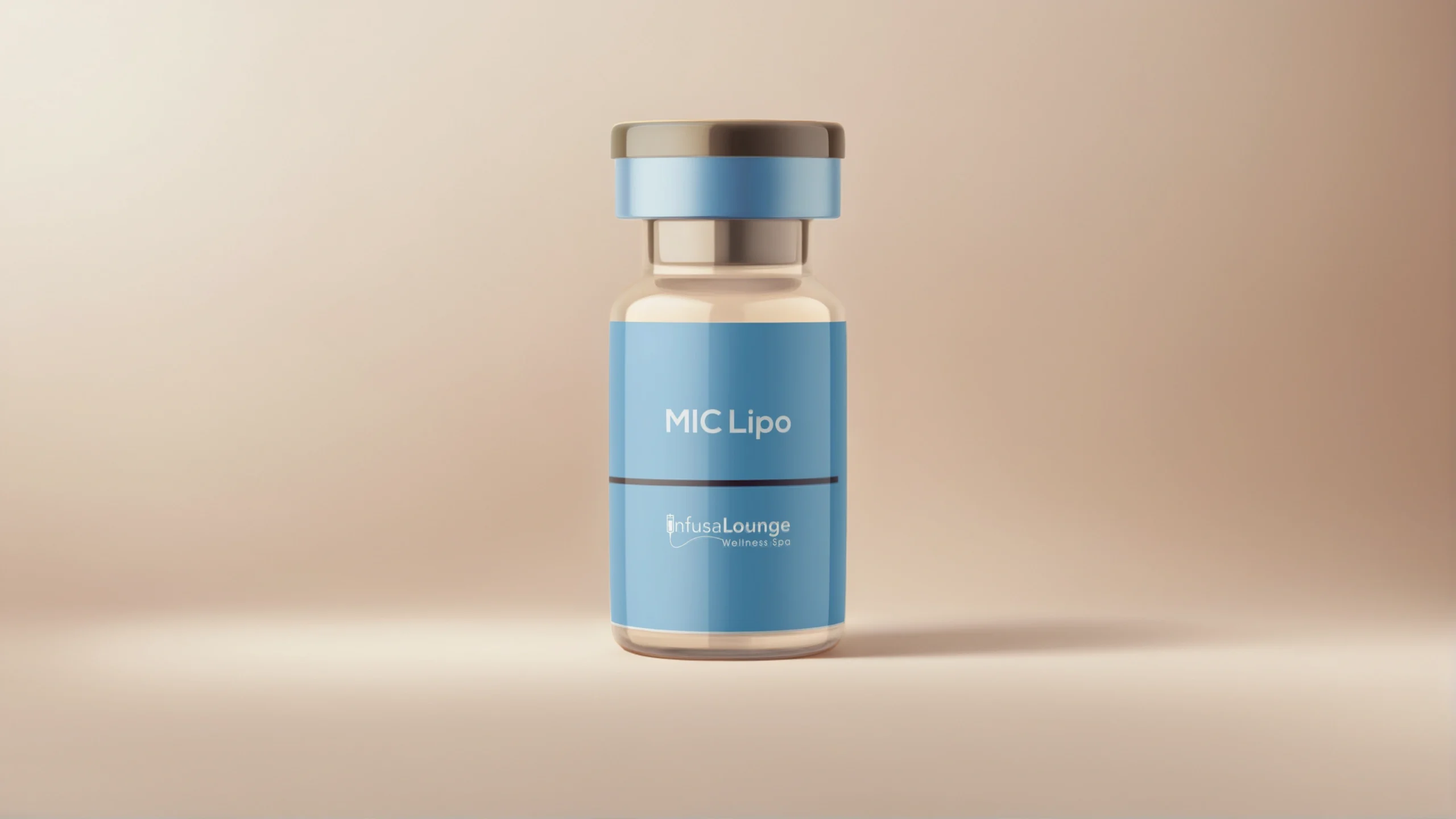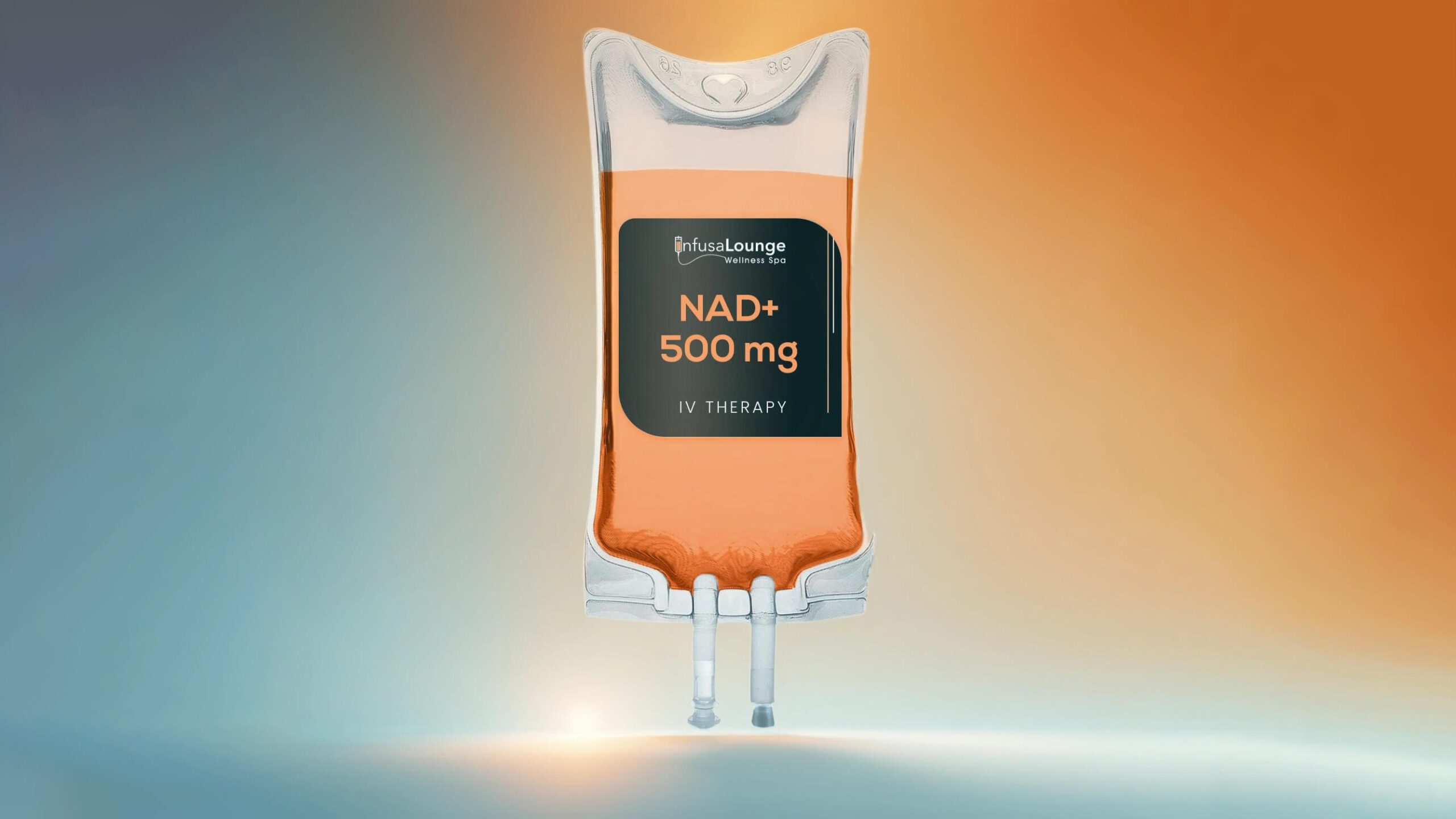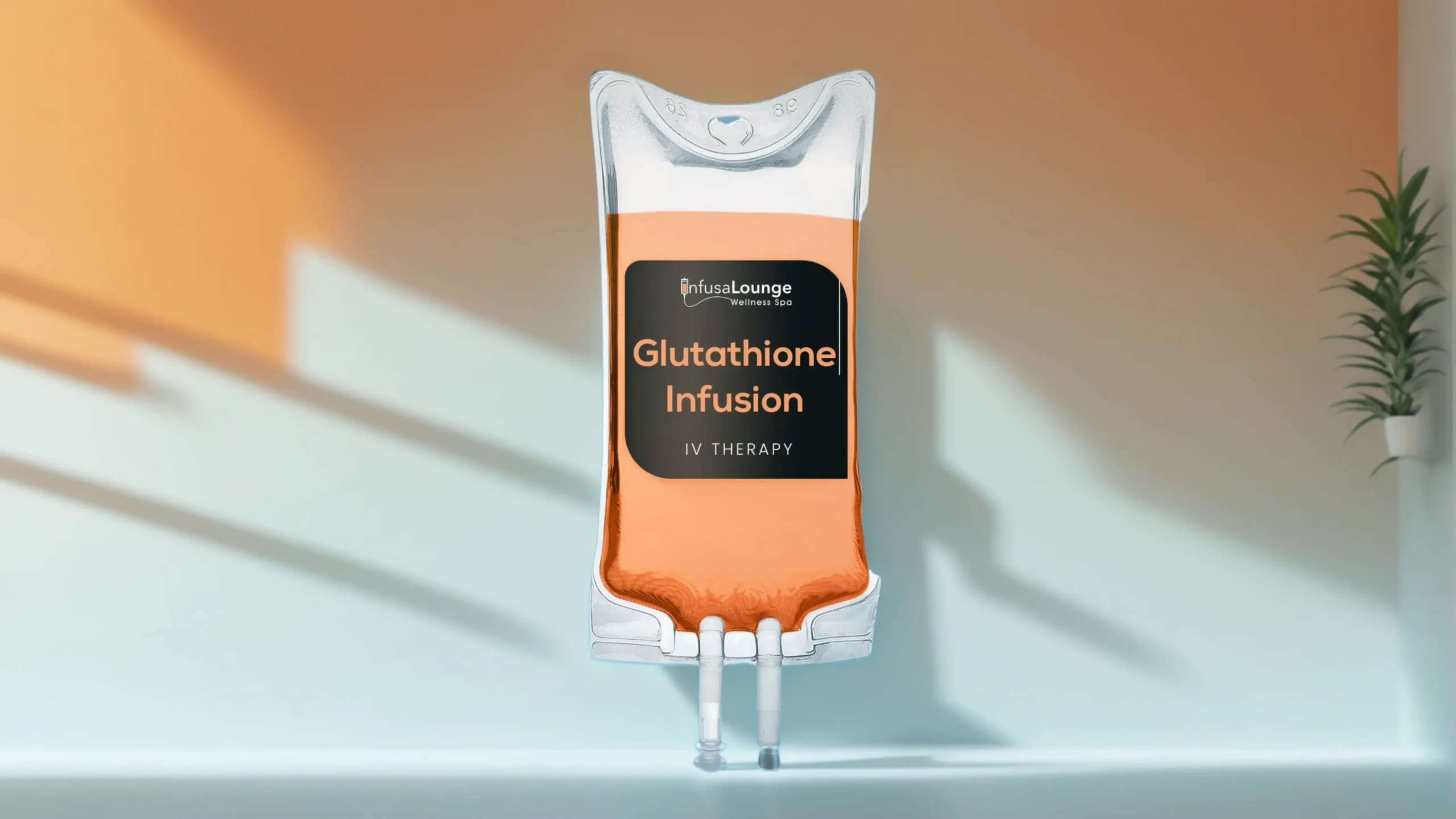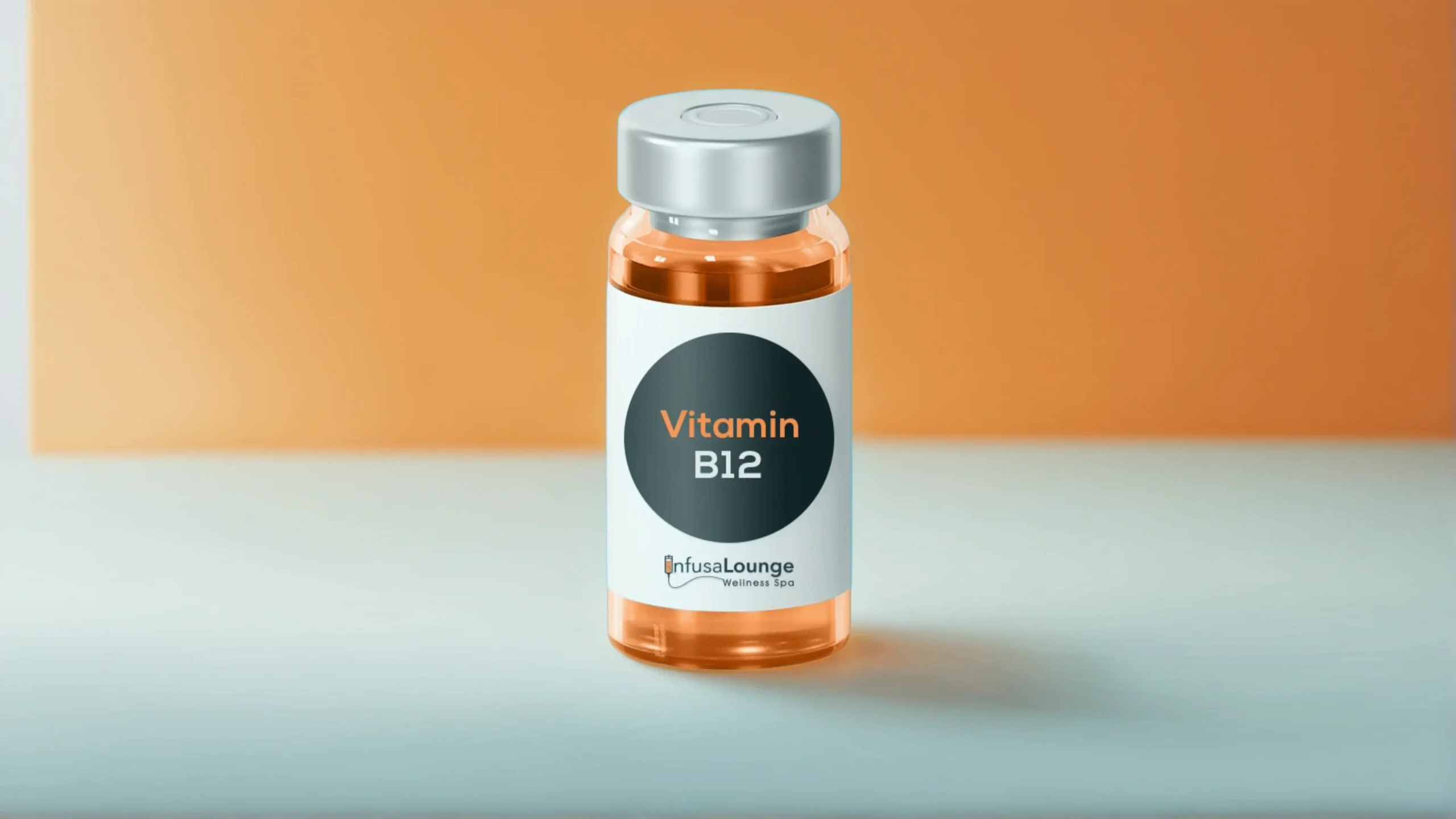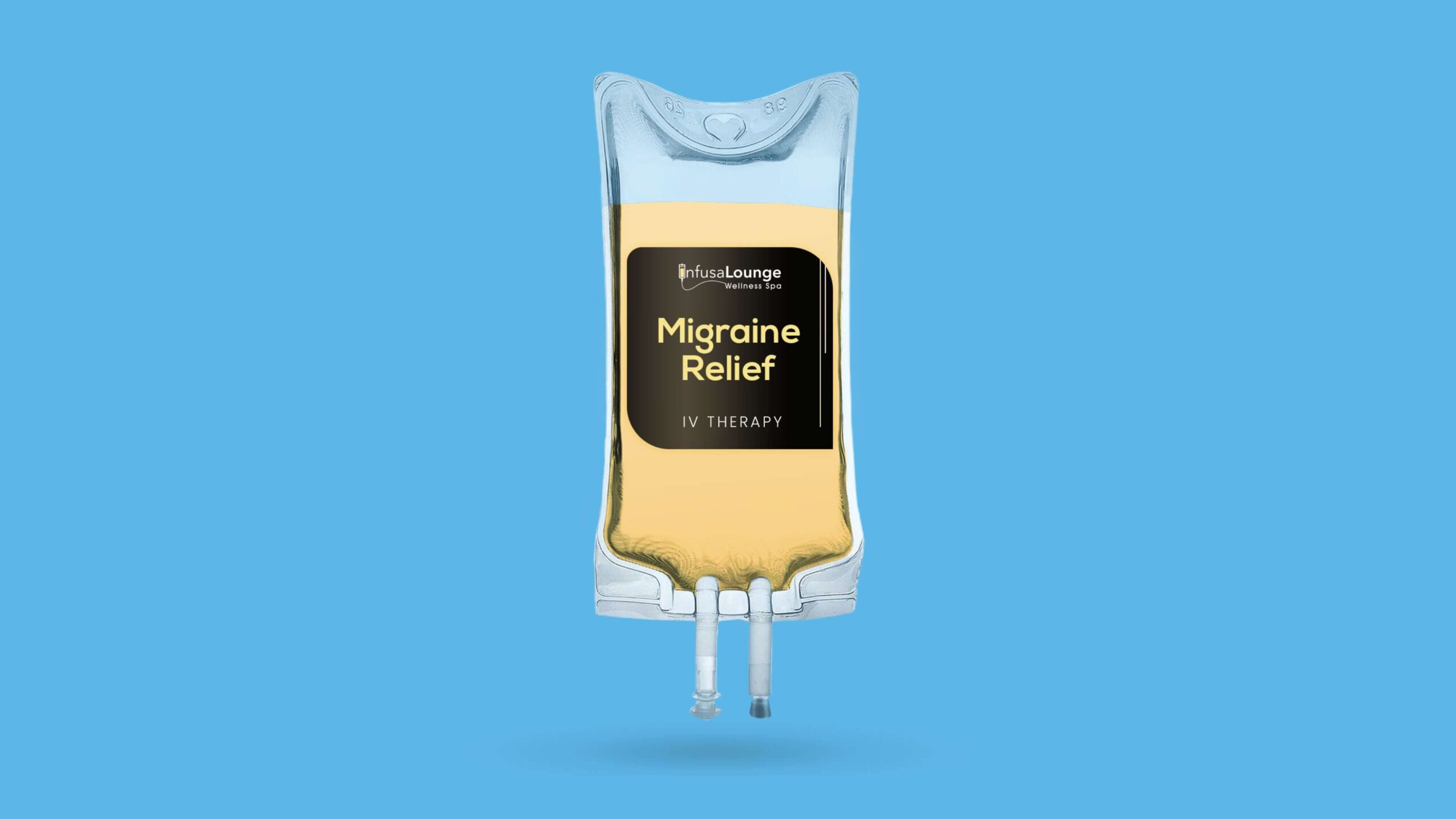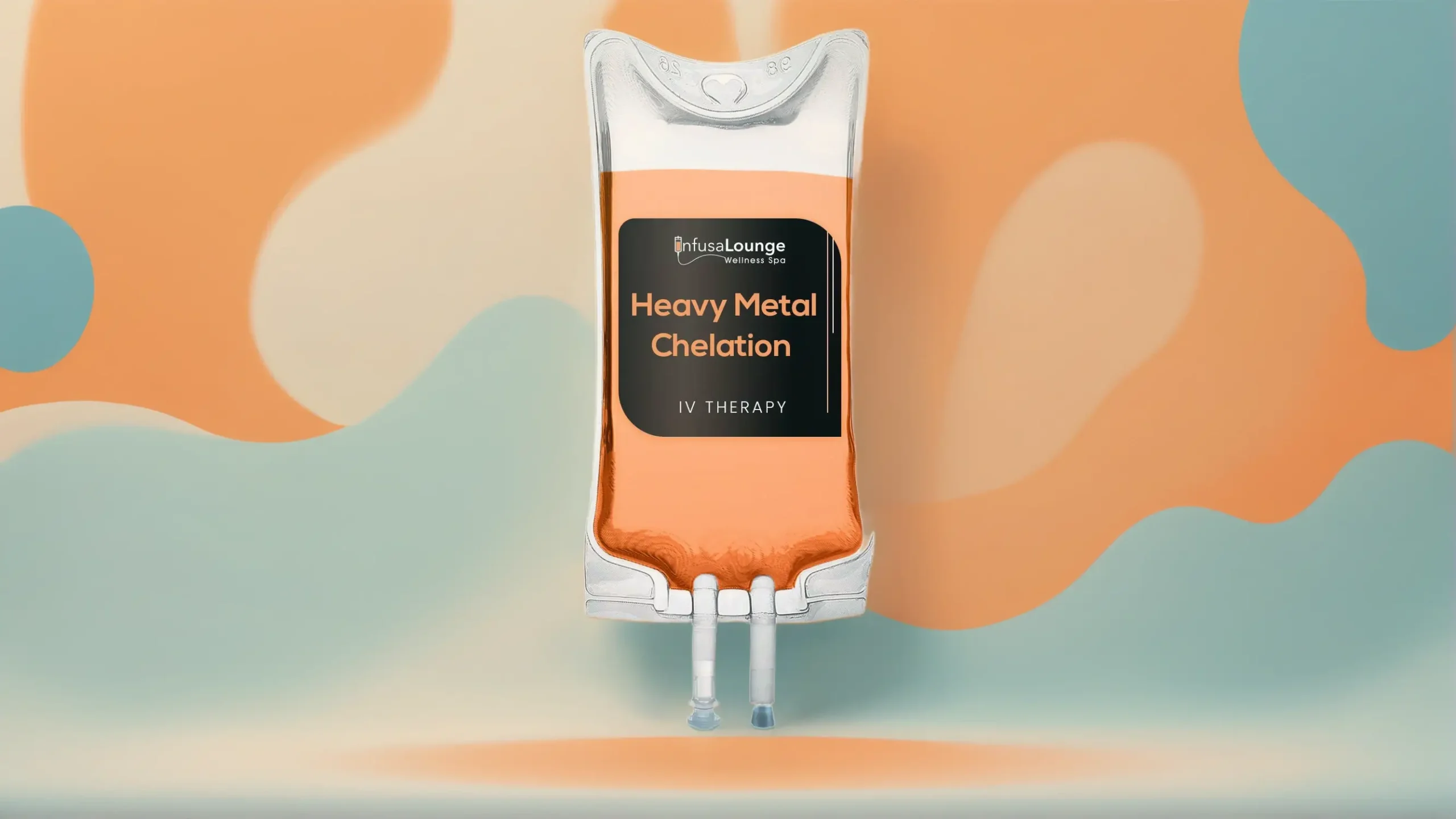Do IV Vitamin Infusions Work?
Yes, vitamin IV infusions work by providing necessary nutrients directly into our bloodstream through an intravenous drip. This technique bypasses the digestive system, allowing for a quicker and more effective delivery of important vitamins and minerals to our body than the traditional oral intake. It might be surprising to learn that this science is rooted in pharmacokinetics principle, detailing how substances move through the body. So, if you’re feeling a bit run-down or simply aiming for optimal wellness, understanding vitamin IV infusions could be your first step.
Yes, vitamin IV infusions can be effective for replenishing essential nutrients and boosting overall wellness. The direct delivery of vitamins and minerals through IV therapy allows for maximum absorption, offering benefits such as improved hydration, increased energy levels, and enhanced immune support. However, individual results may vary, and it’s important to consult with a healthcare professional to determine if IV therapy is suitable for your specific needs.

Understanding Vitamin IV Infusions
Vitamin IV infusions are like a fast track delivering essential nutrients directly into your body’s bloodstream. Unlike oral supplements, which have to be digested and absorbed into the bloodstream, intravenous infusions bypass the digestive system and go right to work. The result? Higher absorption rates and faster delivery of vital nutrients to the body. It’s like taking a shortcut that’s not only faster but also more efficient.
Intravenous drips cut out the middleman—your digestive system—and deliver vitamins and nutrients directly where they’re needed most. For instance, when you’re addressing dehydration, sending fluids straight to where they are required can rapidly rehydrate the body much more effectively than chugging down several glasses of water over time.
Another point worth noting is that IV administration increases the bioavailability of nutrients. This means a higher percentage of the nutrient administered via an IV infusion is used by the body compared to when it is taken orally. When vitamins are delivered through IV, there’s no loss as they don’t have to go through your stomach or liver first—where breakdown or excretion of some nutrients might occur.
Now that we’ve got a good understanding of how vitamin IV infusions work, we’ll look at how they can have a positive impact on various aspects of wellness and health.
The Science Behind Vitamin IV Infusions
At the core of vitamin IV infusions lies the captivating field of pharmacokinetics. This is a complex term that simply refers to how substances move through our bodies—how they are absorbed, distributed, metabolized, and eliminated. Though we often hear about people taking vitamins orally, the use of intravenous administration changes the game. When vitamins are administered directly into the vein via an IV, their concentration in our blood rises more quickly and significantly compared to oral intake.
This means that when you drink a glass of orange juice or take a multivitamin pill for your vitamin C intake, those substances endure a longer journey through your body before being utilized effectively. They must navigate the digestive process before entering your bloodstream. On the contrary, with IV infusions, vitamins bypass that lengthy path by entering directly into your circulatory system, allowing for faster and more intense effects.
With oral intake, vital nutrients travel at a slower pace through your digestive system before getting absorbed. In contrast, IV infusions serve as the express delivery system for these nutrients, providing direct access to your bloodstream for immediate utilization.
The rapid rate of absorption achieved through IV infusion results in higher serum concentrations than achievable from oral intake. This elevated level of nutrients in the blood can potentially lead to enhanced physiological effects as they are immediately available for cellular uptake and utilization.
Understanding this mechanism helps illustrate why vitamin IV infusions are believed to have an advantage over oral supplementation in certain situations when quick and substantial increases in nutrient levels are required. Nonetheless, it is crucial to make informed health decisions with professional guidance based on individual needs and medical conditions.
Conclusion
Vitamin IV infusions provide more than just an alternative route for nutrient intake; they offer a heightened opportunity for the body to absorb and utilize essential vitamins and minerals efficiently. Understanding the science behind these infusions helps individuals make educated choices regarding their wellness and care.
In the quest to make prudent decisions about wellness practices and treatments, there’s value in looking into empirical investigations on the effectiveness of vitamin IV infusions. This analytical examination can pave the way for meaningful insights into optimizing health practices.
Analyzing Research on the Effectiveness of Vitamin IV Infusions
Vitamin IV infusions have gained significant popularity, leading to skepticism. Understanding the scientific evidence can help sift through fact and fiction. One major reason for their popularity is their potential to support immune health.
High-dose vitamin C infusions are believed to boost the immune system and reduce illness duration. Studies have confirmed positive findings, highlighting the beneficial effects of these infusions, particularly in times requiring quick immune system enhancement or disease fighting. For example, high-dose vitamin C therapy has been explored for managing infections, sepsis, and disease severity.
The use of B vitamins in combating fatigue and boosting energy levels is another critical point, especially for individuals with deficiencies.
The evidence indicates that B vitamin infusions play a key role in supporting individuals suffering from fatigue. They help combat tiredness and provide a sustained increase in energy levels, particularly notable for people experiencing deficiencies or absorption issues hindering them from obtaining these nutrients adequately via oral supplementation alone. This is vital for those with chronic conditions robbing them of vital nutrients or leaving them constantly tired.
Now, let’s examine magnesium infusion’s potential role in alleviating migraines and reducing their frequency.
Magnesium Infusions for Migraine Relief
| Clinical Trials | Magnesium has shown promise in providing relief from migraines |
|---|---|
| Migraine Relief | Evidence suggests that infusions could reduce the frequency of migraine attacks |
| Mechanism | Magnesium plays a critical role in neurological functions, and its deficiency may contribute to migraines |
Analyzing the research behind these infusions unveils credible scientific backing for their effectiveness. However, individual responses can vary, and any decisions about using vitamin IV infusions should always consider guidance from qualified healthcare professionals.
Safety Concerns Around Vitamin IV Infusions
When considering vitamin IV infusions, it’s crucial to weigh their potential risks. As with any medical procedure, certain safety concerns arise when administering IV infusions. The risk of infection, vein irritation, or vein damage is present if the procedure isn’t conducted by a qualified professional under sterile conditions. Thus, ensuring that the quality and sterility of the IV solutions are verified is pivotal in managing these safety concerns, along with administration by a licensed practitioner.
Infection Risks
Infection is one of the major risks associated with IV infusions. When a needle pierces the skin and enters the bloodstream, there’s always a chance of introducing bacteria or other germs from the outside world into the body. If the equipment and environment aren’t sterile and proper aseptic precautions are not followed, infections can occur. These infections can range from mild irritation to serious complications.
Vein Irritation and Damage
In addition to infection, vein irritation and damage are significant concerns tied to IV infusions. The insertion and handling of the needle can cause irritation to the vein, leading to inflammation, redness, and discomfort at the site. Improper insertion or handling may also lead to vein damage, which can impede proper blood circulation and result in long-term issues if not addressed promptly.
To mitigate these potential risks, it’s essential for individuals seeking IV infusions to ensure that they’re scheduled at reputable facilities where strict adherence to hygiene and safety protocols is maintained. Verifying practitioners’ credentials, assessing sterilization procedures, and confirming the origin and quality of infusion products are key aspects of maintaining safety.
Healthcare providers administering IV therapies should take significant measures to minimize risk by using aseptic techniques, sterile equipment for each patient interaction, providing appropriate training for all personnel involved in the procedure, and offering detailed instructions for post-infusion care.
Vitamin IV infusions offer numerous benefits for individuals seeking wellness support; however, understanding and preemptively addressing safety concerns forms an integral aspect of utilizing these therapies responsibly and effectively.
Qualities to Look for in a IV Infusion Practitioner

When it comes to receiving IV infusion therapy, the qualifications and professionalism of the practitioner overseeing your treatment plays a pivotal role in ensuring its safety and effectiveness. A skilled and knowledgeable practitioner can make all the difference in your experience. Here are several essential qualities to look for when seeking an IV infusion practitioner:
Licenses and Certifications
It’s crucial that your IV infusion practitioner is properly licensed and holds relevant certifications. This ensures that they have undergone the necessary training and education to safely administer IV therapies. Licensed healthcare professionals such as registered nurses, nurse practitioners, or physicians are often best equipped to handle IV therapy due to their extensive medical training.
Hygiene Practices
Maintaining proper hygiene during the administration of IV therapy is vital for preventing infections and ensuring a safe treatment environment. The practitioner should follow stringent guidelines for sterilizing equipment, maintaining a clean workspace, and using disposable materials whenever possible to protect against cross-contamination.
Understanding of Medical History
A thorough understanding of your medical history is crucial before proceeding with any IV infusion therapy. The practitioner should review your medical conditions, current medications, allergies, and specific health concerns to tailor the treatment to your individual needs. This level of personalized care can significantly enhance the safety and efficacy of the IV infusion.
Experience and Expertise
Seek out a practitioner with substantial experience in administering IV therapies. Their expertise allows them to navigate potential complications, adjust dosages based on your needs, and provide valuable insights into the goals and potential outcomes of the treatment. Experienced practitioners can also offer guidance on selecting appropriate infusion formulas tailored to your wellness objectives.
Communication and Transparency
Effective communication is key throughout the entire process of IV infusion therapy. The practitioner should be transparent about the procedure, potential side effects, anticipated benefits, and any relevant precautions you need to take before or after the treatment. Additionally, they should be readily available to answer any questions or address any concerns you may have regarding the infusion therapy.
Commitment to Patient Care
Look for a practitioner who demonstrates a genuine commitment to patient well-being and holistic care. They should prioritize your comfort, actively listen to your feedback during the treatment, and follow up with appropriate post-treatment guidance to ensure that you experience optimal results from the IV therapy.
By prioritizing these essential qualities when selecting an IV infusion practitioner, you can establish a foundation for a safe, effective, and rewarding experience with IV therapy. Remember that professional qualifications, hands-on expertise, and a patient-centered approach are all critical components of a reputable practitioner in this specialized field.
The right practitioner plays a vital role in ensuring effective and safe IV infusion therapy. Having covered this aspect comprehensively, let’s now shift our focus towards understanding critical considerations when opting for vitamin IV infusions.
Key Considerations for Vitamin IV Infusions
Firstly, it’s crucial to consult with a healthcare professional who can evaluate your unique health circumstances and determine the necessity of vitamin IV infusions. Factors such as underlying health conditions, current medications, and individual nutrient requirements should be taken into account to ensure the safe and effective use of IV infusions. This personalized assessment helps to identify any potential risk factors and ensures that the treatment aligns with your overall wellness goals. By doing so, you can explore whether IV infusions would be beneficial in addressing specific health concerns or enhancing your well-being.
For example, individuals with certain medical conditions such as kidney disease or heart problems might not be suitable candidates for vitamin IV infusions due to potential complications. Likewise, certain medications may interact adversely with the components of IV, underscoring the importance of a thorough evaluation by a qualified healthcare provider to avoid any potential adverse effects.
Taking individual nutrient requirements into account is also vital. Each person’s nutrient needs can vary based on dietary habits, lifestyle factors, and existing deficiencies. Therefore, personalized treatments, such as those offered by InfusaLounge in Allen, Texas, play a crucial role in tailoring IV infusion plans to meet specific individual considerations. By incorporating these individualized elements, the effectiveness and safety of IV infusions can be maximized for each person’s unique requirements.
It’s important to note that while vitamin IV infusions offer a range of potential benefits, they are not intended to replace a healthy diet or serve as the sole source of essential nutrients. Instead, they should complement an already balanced and nutritious diet to enhance overall wellness.
Considering these key factors is crucial when weighing the decision to undergo vitamin IV infusions. By seeking professional guidance and taking individual health considerations into account, individuals can ensure that they are making an informed choice regarding this treatment approach.
In a world brimming with wellness options and treatments galore, informed decisions will always stand as the bedrock of improved health. Choose wisely; after all it’s your wellness journey.

